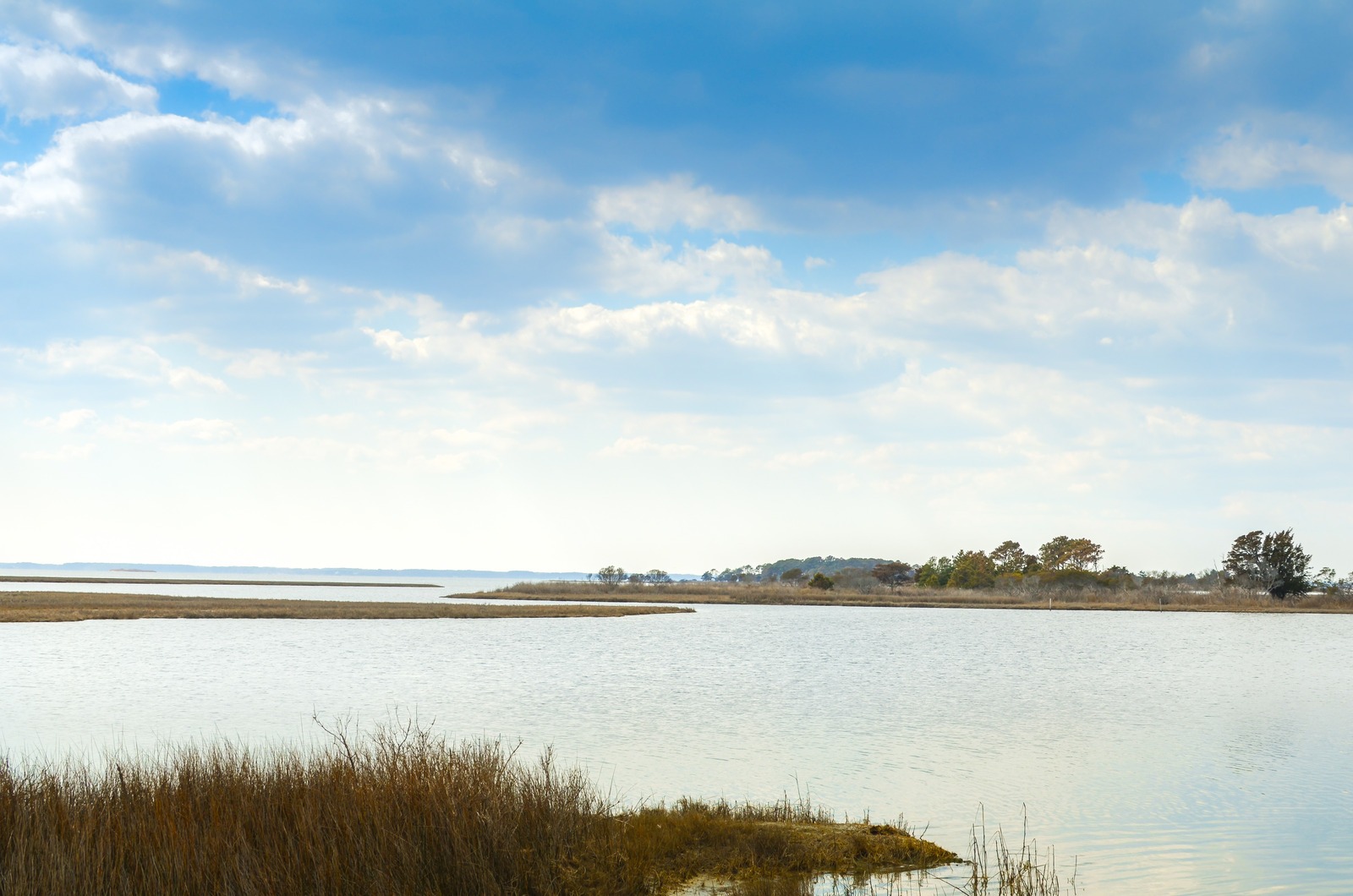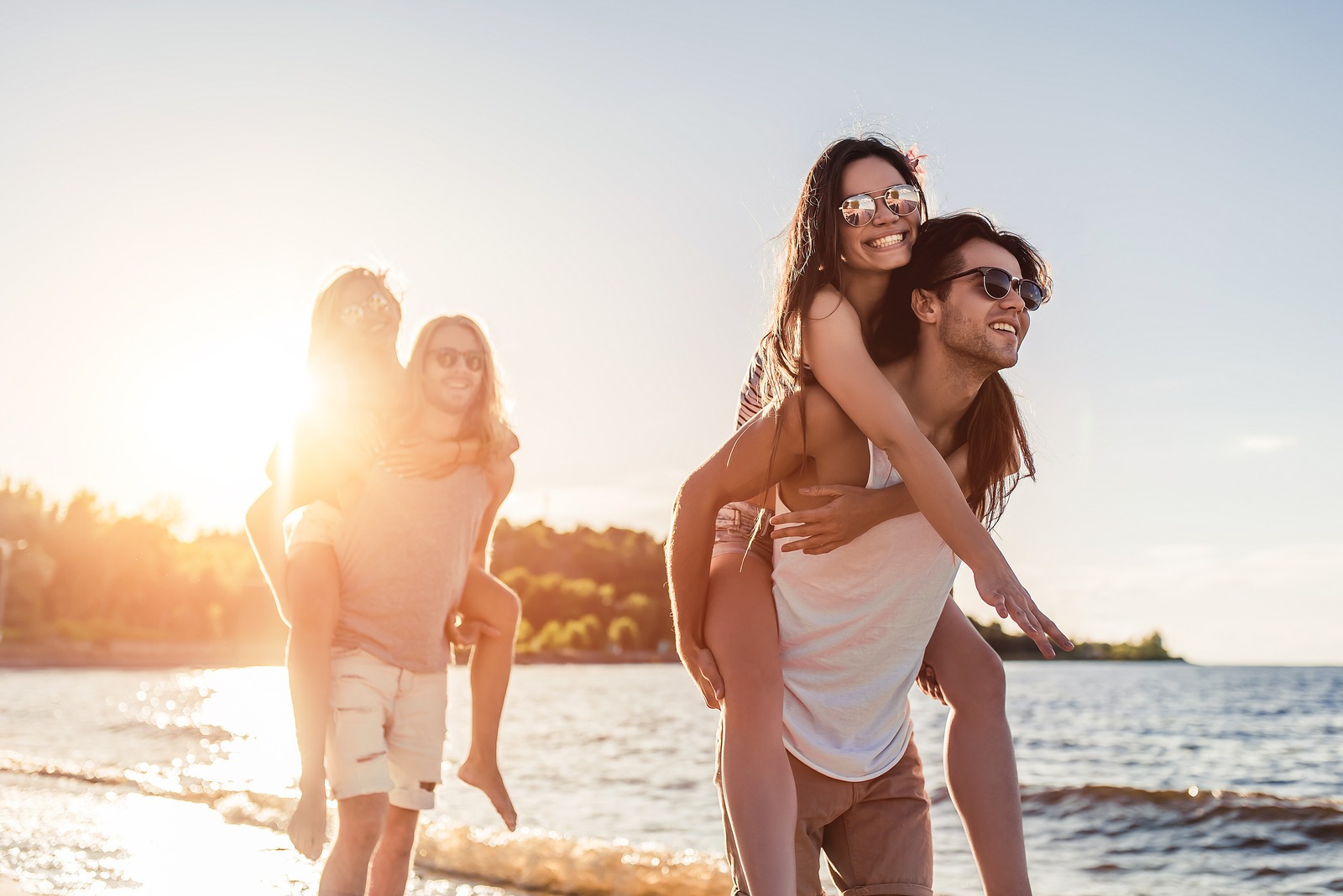Fun & Sober Activities In Maryland That Don’t Include Drinking

What you will learn
- Finding fun things to do in recovery can be challenging, especially if you’re surrounded by bars and nightclubs.
- Maryland has an array of clean and sober attractions and experiences to cater to every taste, including zoos, hiking trails, and historic sites.
- Sober activities aren’t enough on their own. If you’re struggling with addiction, you will need to complete addiction treatment before you can enjoy a truly sober lifestyle.
One of the biggest misconceptions about recovery from addiction is that you can’t have fun the way you used to. While it’s important to understand your triggers when it comes to drugs and alcohol, there are plenty of exciting things to do that are completely clean and perfect for sober living. If you’re looking for fun experiences in Maryland, whether you enjoy nightlife, sightseeing, or the outdoors, here’s a list of the best local activities for clean and sober living in Maryland.
Explore Public Gardens
Maryland is known for its lush gardens with greenhouses, sculptures, and rare plants. Check out the Ladew Topiary Gardens, which boasts 22 acres of award-winning gardens and topiaries with a native butterfly house. You could also visit the Annmarie Sculpture Garden & Arts Center in southern Maryland or the Sherwood Gardens in Baltimore.
See the Antietam National Battlefield
Located in Sharpsburg, the Antietam National Battlefield is a must-see historic site. The Battle of Antietam was a pivotal battle in the American Civil War and ended the Confederate Army of Northern Virginia’s first invasion into the North.
Lounge on the Beach

When the weather’s warm, there’s no better place to be than Maryland’s Eastern Shore. There’s a lot to see and do, including having a picnic, taking a scenic coastal hike, or going fishing near the shore. Ocean City offers a variety of watersport rentals, boat excursions, and adventure tours.
See the Famous Wild Horses
Assateague Island is a major draw for its herd of wild horses that live on the island. You can visit and enjoy their beauty from a distance, but that’s not all the island has to offer. Hunting, camping, dune buggies, kayaking, and other excursions are great ways to explore the islands and get into nature.
Explore the Depths at the National Aquarium
Located in Baltimore’s Inner Harbor, the National Aquarium brings you face-to-face with vibrant sea life, including tropical fish, sea turtles, and sharks. Along with the aquarium exhibits, the facility has an animal rescue center with behind-the-scenes tours to learn about their conservation efforts.
Catch Some Maryland Crabs
The blue crab season in Maryland runs from April through June at the Chesapeake Bay or Atlantic Ocean. You have to register and follow regulations, but there are tours and equipment rentals for all levels of skill.
Take a Train Through the Countryside
The Walkersville Southern Railroad Museum offers scenic train rides that travel over the Pennsylvania Railroad – a historic track built in 1872. Take a ride in a vintage 1920s passenger car or an open flatcar to see the bucolic Maryland farm country and historic sites like a 100-year-old lime kiln. When the ride is finished, you can spend time in the turn-of-the-century railroad station and tool house.
Play a Few Rounds at One of Maryland’s Premier Courses
Golf is a popular sport among people in recovery because it gets you outside and focuses on your athletic skills rather than substances. Some courses do serve alcohol, however, so make sure to plan accordingly. Some of Maryland’s best courses include the Carroll Park Golf Course and the Elkridge Club.
Go Hiking to Decompress
Maryland has excellent walking trails for all skill levels. The Loch Raven Reservoir is one of the most scenic hikes that offers different trails near the waterfront. If you want incredible scenery, the James W. Rouse Memorial Deck and Round Falls have easy trails that wind around waterfalls. If you prefer more urban environments, the Inner Harbor in Baltimore has a long stretch for walking, running, or biking.
Get Natural Thrills at an Amusement Park
Maryland is home to some of the best amusement parks in the country. Six Flags America in Bowie has thrilling roller coasters, a water park, and all-day entertainment, while Adventure Park USA boasts one of the most heart-pounding roller coasters in the country – the 53-foot Wild West Express Roller Coaster. The park also has a giant arcade, laser tag, a bowling alley, and more.
Stroll Historic Annapolis
Maryland’s capital city, Annapolis, is one of the country’s prettiest cities and a fascinating historic attraction. There’s plenty to see and do, including the beaux arts US Naval Academy, a naval history museum, and the famous “Ego Alley,” a marina that’s home to massive yachts. Along with permanent attractions, Annapolis often hosts events throughout the year.
Find a New Favorite at the George Peabody Library
Founded by George Peabody, a famous philanthropist, the George Peabody Institute within the Peabody Institute in Baltimore is a must-see library. It’s part of Johns Hopkins University and often referred to as a “cathedral of books,” holding about 300,000 volumes across five floors. The library is free to the public and open during select hours.
Seek Help for Alcohol or Substance Use Disorder
A big part of recovery is understanding how to have clean and sober fun. While the experiences on this list are a great start, nothing is a substitute for a professional substance use treatment program. Sober events and activities aren’t enough to help you get healthy on your own. If you want to take the first step on a healthier path, addiction treatment and support groups are a must. Reach out to Alpas Wellness, the clinical team at our drug & alcohol treatment center in Maryland can help you start a new life of recovery.
Ready to get help for you or a loved one? Contact us
To ensure accuracy and quality, every contributor to the Alpas Wellness resource library undergoes a thorough evaluation of their experience, credentials, and achievements prior to publication.
Frequently Asked Questions About Sober Activities In Maryland and Alcohol Use Disorder
Can You Have Fun Without Substances?
One of the challenges of recovery is finding things to do that don’t involve substances since alcohol is commonplace and normalized in society. Still, there are a lot of fun sober and clean things to do, even if it doesn’t seem it at first. Long-term drug and alcohol use impacts the reward center of the brain, so it may take time to learn to enjoy natural pleasures without the use of drugs or alcohol.[1]
What Is Dry January?
Dry January marks the month of January as a time to encourage people to adopt healthier alcohol consumption habits.[2] In addition to supporting people in recovery, Dry January encourages more open discussions about alcohol use and presents a challenge for people to cut back and see how they feel after a period of abstinence. Keep in mind that it’s dangerous to stop drinking abruptly if you have alcohol dependence, however, so it’s best not to take part in Dry January in that case.
Do Events in Maryland Serve Alcohol?
Most of the activities on this list don’t serve alcohol, but some may. It’s important to understand what individual triggers you have and research alcohol-free attractions and experiences in advance to ensure that you won’t feel tempted or pressured to drink. However, attractions like amusement parks, botanical gardens, and zoos don’t have alcohol as a focus the way a happy hour or nightclub does.
How is alcohol use disorder treated?
As part of a formal treatment program, the following interventions are effective at addressing alcohol addiction or alcohol use disorder:[3]
- Cognitive-behavioral therapy (CBT)
- Contingency management
- Motivational enhancement
- Family therapy
- 12-Step programs
Depending on your unique circumstances, these interventions may also prove effective:
- Dialectical behavioral therapy
- Motivational Interviewing
- Experiential therapy
- Relapse prevention
[1] Gardner, E. L. (2011). Addiction and brain reward and Antireward Pathways. Advances in psychosomatic medicine. Retrieved from https://www.ncbi.nlm.nih.gov/pmc/articles/PMC4549070/ on 2023, December 18.
[2] Ballard, J. (2016, January). What is dry January?. The British journal of general practice : the journal of the Royal College of General Practitioners. Retrieved from https://www.ncbi.nlm.nih.gov/pmc/articles/PMC4684010/ on 2023, December 18.
[3] U.S. Department of Health and Human Services. (2023, September 25). Treatment and recovery. National Institutes of Health. Retrieved from https://nida.nih.gov/publications/drugs-brains-behavior-science-addiction/treatment-recovery on 2023, December 18.